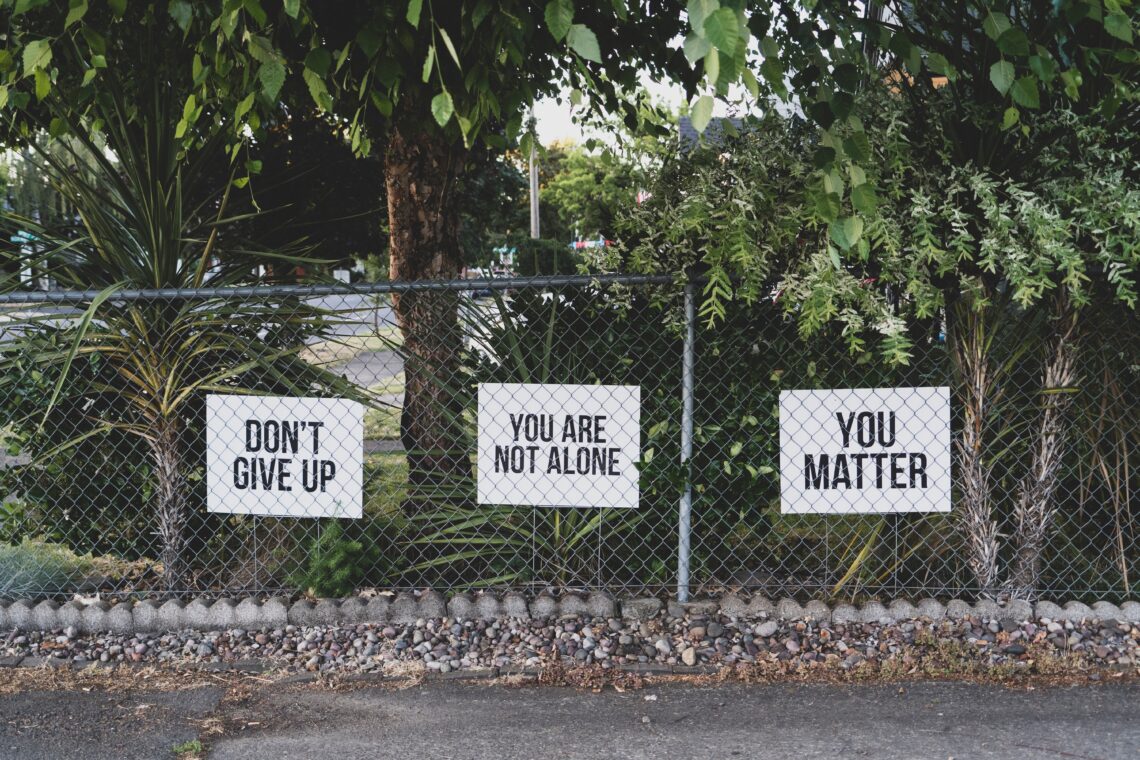Volunteering is an incredibly rewarding experience that can have a positive impact on both the individual and the community. It is an opportunity to give back to the community and make a difference in the lives of others. From helping out at a local food bank to tutoring students in need, there are countless ways to get involved and make a difference. In addition to the personal satisfaction that comes from helping others, there are numerous benefits to volunteering.
The first benefit of volunteering is that it can help to build a sense of community. By getting involved in local organizations and events, volunteers can help to strengthen the bonds between members of the community. This can lead to a greater sense of belonging and an increased sense of pride in the community. Additionally, volunteering can help to build relationships and foster collaboration between members of the community. This can lead to a more vibrant and engaged community.
Another benefit of volunteering is that it can help to develop skills and gain experience. Volunteering can provide an opportunity to learn new skills and gain valuable experience in a particular field. This can be especially beneficial for those who are looking to enter a new career or advance in their current one. Additionally, volunteering can provide an opportunity to gain leadership experience and hone communication skills.
Volunteering can also help to build confidence and self-esteem. By helping others and making a difference in the community, volunteers can gain a sense of accomplishment and pride. This can help to boost self-confidence and increase feelings of self-worth. Additionally, volunteering can provide an opportunity to meet new people and make new connections. This can lead to a greater sense of belonging and increased social support.
Finally, volunteering can help to promote physical and mental health. Studies have shown that volunteering can reduce stress and anxiety, improve mood, and even help to reduce the risk of depression. Additionally, volunteering can provide an opportunity to get active and stay physically fit. This can lead to improved physical health and overall well-being.
In conclusion, volunteering is an incredibly rewarding experience that can have a positive impact on both the individual and the community. From building a sense of community to developing skills and gaining experience, there are numerous benefits to volunteering. Additionally, volunteering can help to boost self-confidence, promote physical and mental health, and make a difference in the lives of others. For those looking to give back and move forward, volunteering is an excellent way to do so.
For more information on the benefits of volunteering, check out the following resources:
VolunteerMatch: Volunteering Benefits for You and Your Community,
HuffPost: 5 Ways Volunteering Can Help You Live a Healthier Life,
Psychology Today: The Mental Health Benefits of Volunteering,
Happiness.com: The Benefits of Volunteering: How It Can Improve Your Happiness,
and
HelpGuide: Volunteering and Its Surprising Benefits.

